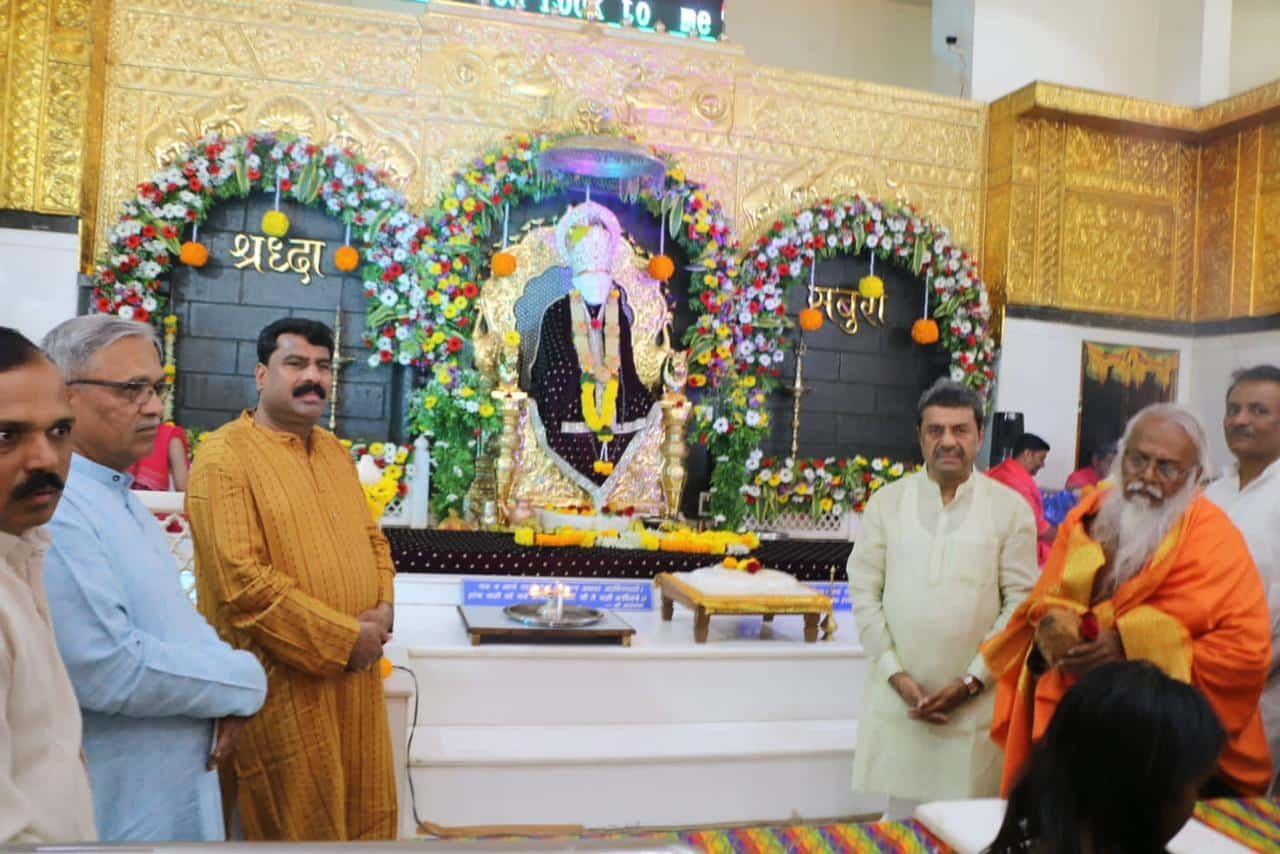Veteran actress Sharmila Tagore recently talked about her on-screen chemistry with the legendary Rajesh Khanna. The two, known for their outstanding performances in many classic films, had a special bond that showed on screen.
In an interview with Free Press Journal, Sharmila opened up about her collaboration with Rajesh Khanna in Aradhana, a film that significantly boosted their careers. She shared a personal milestone, revealing that she was pregnant with her son, Saif Ali Khan, while shooting for the movie. Additionally, she was expecting her daughter, Soha, when they worked together on Choti Bahu.
Sharmila reminisced about working with Rajesh Khanna, sharing that they had two main challenges. First, Khanna was often late to the sets. Second, both of them had similar best camera angles, so when they were in the same frame, they would often ask the cameraman to capture their better profiles.
Sharmila Tagore and Rajesh Khanna were one of Bollywood’s most iconic pairs, celebrated for their fantastic on-screen chemistry. Their hit film Aradhana (1969) made Rajesh Khanna a superstar, with memorable songs like Mere Sapno Ki Rani. They also starred in successful films like Safar (1970), where they portrayed a couple battling a tragic illness, and Daag (1973), which delved into themes of love and sacrifice.
Sharmila Tagore started her career at the age of 13 with the legendary Bengali filmmaker Satyajit Ray‘s Apur Sansar in 1959, where she impressed audiences with her role as Aparna. She later made a significant impact in Hindi cinema with her debut film Kashmir Ki Kali, which was released in 1964.
if (w._sva && w._sva.setVisitorTraits) { setAttributes(); } else { w.addEventListener("SurvicateReady", setAttributes); }
var s = document.createElement('script'); s.src="https://survey.survicate.com/workspaces/0be6ae9845d14a7c8ff08a7a00bd9b21/web_surveys.js"; s.async = true; var e = document.getElementsByTagName('script')[0]; e.parentNode.insertBefore(s, e); })(window); }
}
window.TimesApps = window.TimesApps || {};
var TimesApps = window.TimesApps;
TimesApps.toiPlusEvents = function(config) {
var isConfigAvailable = "toiplus_site_settings" in f && "isFBCampaignActive" in f.toiplus_site_settings && "isGoogleCampaignActive" in f.toiplus_site_settings;
var isPrimeUser = window.isPrime;
var isPrimeUserLayout = window.isPrimeUserLayout;
if (isConfigAvailable && !isPrimeUser) {
loadGtagEvents(f.toiplus_site_settings.isGoogleCampaignActive);
loadFBEvents(f.toiplus_site_settings.isFBCampaignActive);
loadSurvicateJs(f.toiplus_site_settings.allowedSurvicateSections);
} else {
var JarvisUrl="https://jarvis.indiatimes.com/v1/feeds/toi_plus/site_settings/643526e21443833f0c454615?db_env=published";
window.getFromClient(JarvisUrl, function(config){
if (config) {
const allowedSectionSuricate = (isPrimeUserLayout) ? config?.allowedSurvicatePrimeSections : config?.allowedSurvicateSections
loadGtagEvents(config?.isGoogleCampaignActive);
loadFBEvents(config?.isFBCampaignActive);
loadSurvicateJs(allowedSectionSuricate);
}
})
}
};
})(
window,
document,
'script',
);
Source link

![Pushpa 2 Full Movie Collection: Pushpa 2 box office collection day 14 [updated live]: Allu Arjun and Rashmika Mandanna’s collects 975 cr by 2nd Thursday morning; to join elusive 1000 crore club soon | – Times of India](https://static.toiimg.com/thumb/msid-116464525,width-1070,height-580,imgsize-70816,resizemode-75,overlay-toi_sw,pt-32,y_pad-40/photo.jpg)




